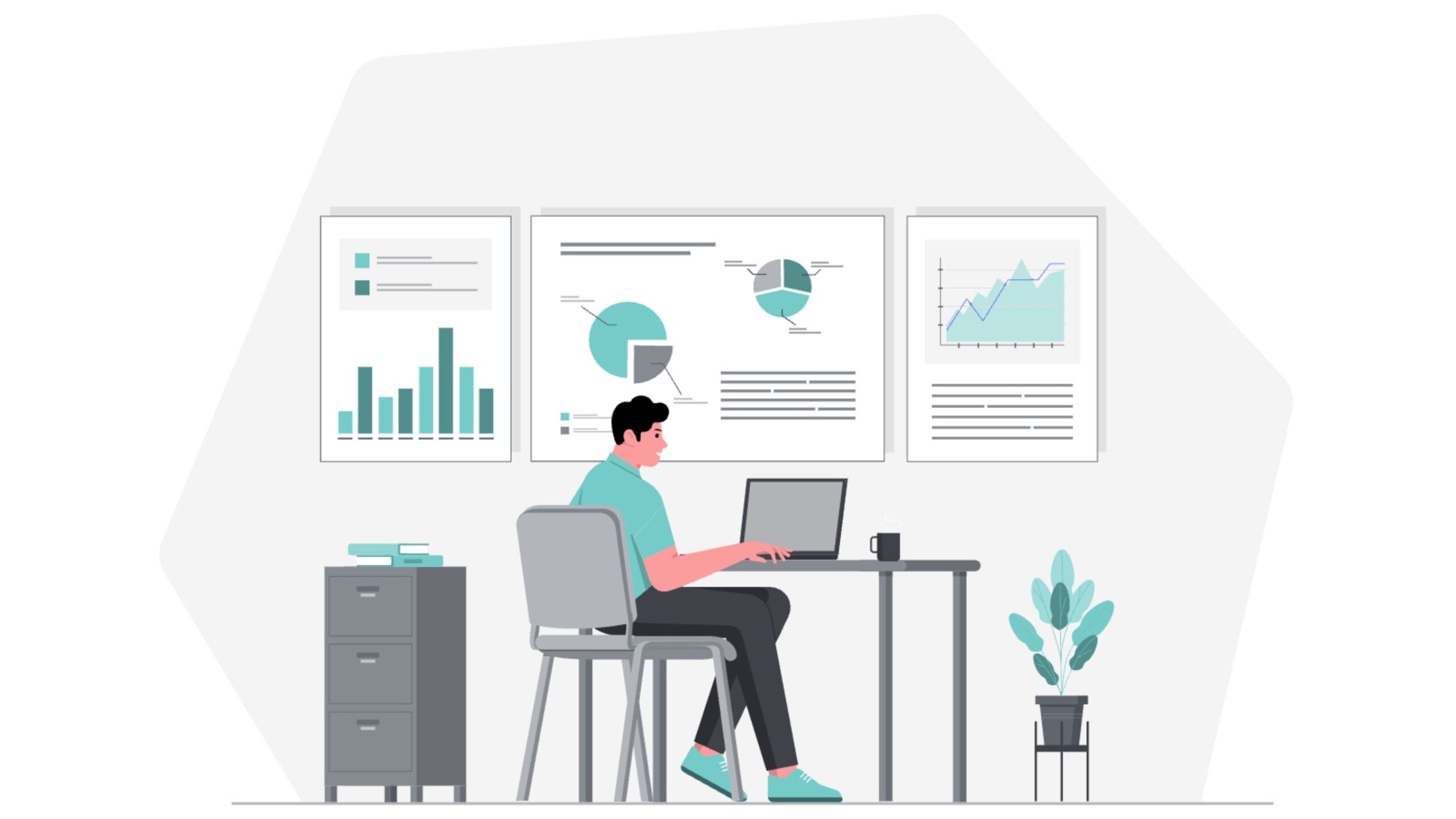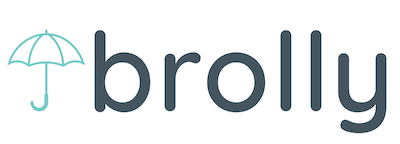Harnessing Progress Monitoring to Evaluate the Efficacy of Services for Students on IEPs
March 2024

Ensuring the effectiveness of services provided under an Individualized Education Plans (IEPs) requires ongoing evaluation. Progress monitoring serves as a powerful tool in this regard, offering educators valuable insights into the effectiveness of interventions and the progress of students toward their goals.
Understanding Progress Monitoring
Progress monitoring involves the systematic assessment of a student’s academic and behavioral progress over time. It allows educators to track individualized goals and objectives outlined in the IEP and make data-informed decisions about instructional strategies and interventions. Through regular assessment and analysis, educators can identify areas of strength and areas needing improvement, adjust instructional approaches, and celebrate achievements.
Key Components of Effective Progress Monitoring
- Clear Goal Setting: The goals outlined in the IEP should be specific, measurable, attainable, relevant, and time-bound (SMART). This clarity ensures that progress monitoring assessments can accurately gauge a student’s advancement towards these objectives.
- Frequent Assessment: Regular assessment intervals, aligned with the duration of the IEP, enable educators to gather data consistently and track progress over time. These assessments may include standardized tests, curriculum-based measurements, observations, and informal evaluations.
- Data Collection: Educators collect data through various methods, including direct observation, student work samples, and assessments. It’s essential to document both quantitative data, such as scores and percentages, and qualitative data, such as observations of student behavior and engagement.
- Data Analysis: Analyzing collected data allows educators to identify trends, patterns, and areas of growth or regression. By comparing current performance with baseline data and previous assessments, educators can determine the effectiveness of interventions and instructional approaches.
- Data-Based Decision Making: Utilizing data to inform instructional decisions is central to progress monitoring. Educators can adjust teaching strategies, modify goals, or implement additional interventions based on the insights gained from ongoing assessment.
Benefits of Progress Monitoring for Students on IEPs
- Individualized Support: Progress monitoring ensures that interventions and accommodations are tailored to meet the unique needs of each student, promoting personalized learning experiences.
- Early Intervention: By detecting areas of difficulty early on, educators can intervene promptly to address learning gaps and prevent academic setbacks.
- Evidence-Based Practices: Data collected through progress monitoring provide evidence of the effectiveness of instructional strategies and interventions, guiding educators in selecting evidence-based practices that best support student learning.
- Accountability and Transparency: Progress monitoring fosters accountability by providing clear documentation of student progress and the effectiveness of services delivered under the IEP. This transparency enhances communication between educators, parents, and other stakeholders involved in the student’s education.
- Empowerment and Self-Awareness: Involving students in the progress monitoring process promotes self-awareness and empowers them to take ownership of their learning journey. Students can track their own progress, set goals, and celebrate achievements, fostering a sense of agency and confidence.
Challenges and Considerations:
While progress monitoring offers numerous benefits, it also presents challenges and considerations for educators and stakeholders. These may include ensuring the validity and reliability of assessment measures, addressing potential biases in data collection and analysis, and balancing the need for accountability with the ethical considerations of data privacy and confidentiality.
With those considerations in mine, progress monitoring still plays a pivotal role in evaluating the effectiveness of services for students on IEPs. By systematically tracking student progress, educators can make informed decisions, refine instructional practices, and ensure that interventions are aligned with each student’s individual needs and goals. Ultimately, progress monitoring empowers educators to provide high-quality, personalized support that fosters the academic success and holistic development of students with disabilities.

Brolly is a unique solution that streamlines IEP service tracking and progress monitoring to support IDEA compliance, and empowers teachers and administrators with the data to enhance student outcomes. It is an web and mobile solution that saves teachers time, builds their capacity to use data to inform instruction, and provides administrators visibility into service provision and student progress district or organization wide.
Brolly Special Education logs helps special education teams by:
- Streamlining the tracking of IEP services and goal progress for teachers and related service providers. Data entry allows for both single logs and bulk data entry, depending on a user’s workflow preference and role in the district.
- Supporting administrators in their efforts to ensure IEP compliance and maintain better visibility into service provision, LRE, and student progress and acheivement.
- Supporting interoperability with other data management systems. Brolly is IEP managment system agnostic and works with districts to pull data from any system into Brolly for goal monitoring and service tracking.
- Providing visibility into service provision and student progress via interactive dashboards, alerts, notifications and exportable reports.
- Ensuring reporting compliance in states that have mandated the tracking and reporting of IEP services (i.e. CDE’s new requirements as of Spring 2023).
- Delivering high-quality support, professional development and implementation strategies that improve IEP compliance and support use of data to improve outcomes for students.
Learn more on a 1:1 demo. Book at a time convenient for you!
Book a Demo
See how Brolly streamlines data collection for service minutes and progress, explore dashboards and learn about reports. Demos are 45 minutes and include an overview of the software and time for Q&A.
You're welcome to invite other stakeholders from your school or district to join the demo!
